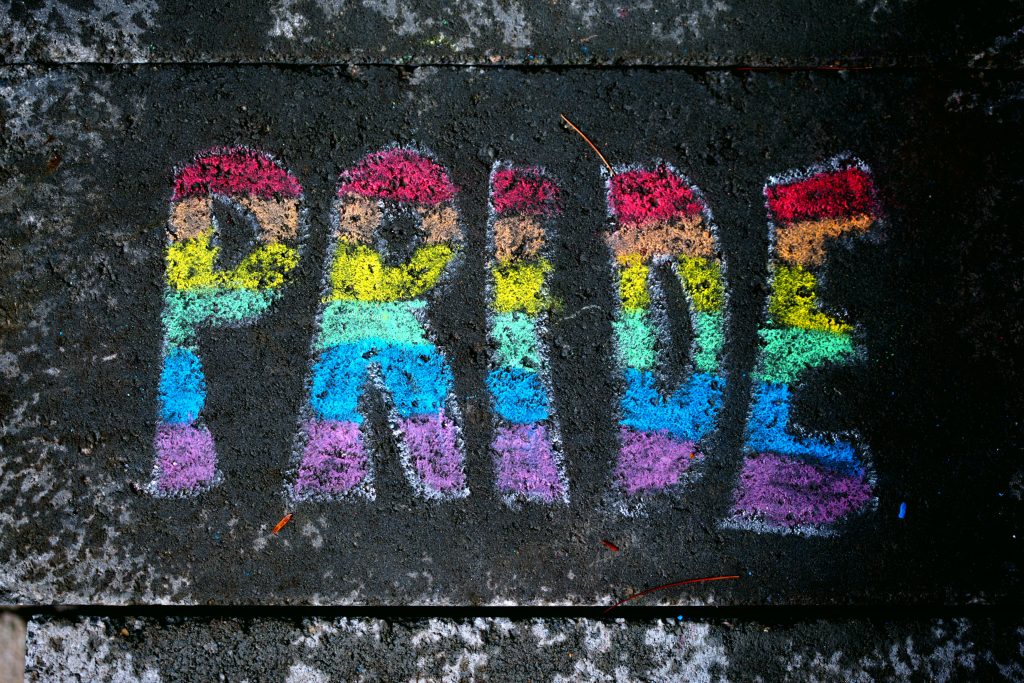The fight for LGBTQ+ rights has been a long and arduous journey, marked by significant milestones and ongoing challenges. Over the years, the LGBTQ+ community in the United Kingdom has made tremendous progress in securing legal protections and social acceptance.More than 1.3 million people in England and Wales identify as lesbian, gay or bisexual, census data has revealed for the first time.
For people aged 16 and over, more than 1.5% – 748,000 – identify as gay or lesbian, and 624,000 (1.3%) as bisexual. Some 165,000 people identify as “other” sexual orientations. And 262,000 people (0.5%) said their gender identity was different from their sex registered at birth.
However, barriers and discrimination still exist, making it important to recognize the milestones achieved and the challenges that lie ahead. In this article, we will explore the evolution of LGBTQ+ rights in the UK, highlighting key milestones and the ongoing struggles.

I. Decriminalization and the Age of Consent:
A crucial milestone in the UK’s LGBTQ+ rights movement was the decriminalisation of homosexuality. Prior to 1967, homosexual acts between men were considered illegal.
The Sexual Offences Act of 1967 partially decriminalised homosexuality, applying only to private acts between men aged 21 and above. It was not until 2001 that the age of consent was equalised at 16 for both heterosexual and homosexual relationships.
II. Employment Equality and Anti-Discrimination Laws:
Over the years, efforts were made to secure legal protections against discrimination based on sexual orientation and gender identity. In 2003, the Employment Equality (Sexual Orientation) Regulations were enacted, prohibiting discrimination in the workplace.
This was followed by the Equality Act 2010, which consolidated and expanded the protections against discrimination, covering various areas of public life, including employment, housing, education, and the provision of goods and services.
III. Same-Sex Marriage and Civil Partnership:
The UK took a significant step forward in 2014 when same-sex marriage was legalized in England, Wales, and Scotland. This milestone allowed same-sex couples to marry legally and enjoy the same rights and benefits as heterosexual couples. In addition to same-sex marriage, the Civil Partnership Act 2004 provided legal recognition and rights to same-sex couples before marriage equality was achieved.
IV. Gender Recognition and Transgender Rights:
Transgender rights have also been a focus of the LGBTQ+ rights movement in the UK. The Gender Recognition Act 2004 allowed transgender individuals to legally change their gender.
However, the process was criticized as cumbersome and invasive, leading to a review of the act. In 2021, the UK government announced plans to reform the Gender Recognition Act, aiming to streamline the process and improve transgender rights.
V. Hate Crimes and Violence:
While progress has been made in terms of legal protections, hate crimes and violence against LGBTQ+ individuals continue to be significant challenges. According to Stonewall’s LGBT in Britain Hate Crime Report 2020, 1 in 5 LGBTQ+ people experienced a hate crime or incident in the preceding year. It is crucial to continue raising awareness, promoting tolerance, and providing support for victims of hate crimes.
VI. Intersectionality and Inclusivity:
Recognizing the diversity within the LGBTQ+ community is essential for achieving true equality. Intersectionality, which considers how various identities intersect and compound experiences of discrimination, is crucial in addressing the unique challenges faced by individuals who belong to multiple marginalized groups. Efforts are being made to ensure inclusivity within LGBTQ+ spaces, organizations, and policies to address the needs and experiences of all members of the community.
VII. Global Perspective:
While progress has been made in the UK, it is important to acknowledge the challenges faced by LGBTQ+ individuals globally. In many countries, homosexuality is still criminalized, and individuals face severe persecution. Advocacy for LGBTQ+ rights in the UK should extend beyond national borders, supporting global movements for equality and acceptance.

Conclusion:
The evolution of LGBTQ+ rights in the UK has been marked by significant milestones, including decriminalisation, employment equality, same-sex marriage, and gender recognition. However, challenges such as hate crimes, violence, and access to inclusive healthcare persist. The decriminalisation of homosexuality and the establishment of legal protections against discrimination have created a more inclusive society for LGBTQ+ individuals in the UK. The legalization of same-sex marriage and reforms in the Gender Recognition Act have further advanced the rights of same-sex couples and transgender individuals.
However, it is important to address the ongoing challenges. Hate crimes and violence against the LGBTQ+ community remain prevalent, with a significant number of individuals experiencing discrimination and harassment. Education and awareness campaigns are crucial to combatting prejudice and promoting acceptance.
Furthermore, the LGBTQ+ rights movement in the UK must recognize and address the intersectional experiences of individuals within the community. Understanding how various identities, such as race, ethnicity, disability, and socioeconomic background, intersect with sexual orientation and gender identity is essential to ensure inclusivity and equality for all.
While progress has been made within the UK, it is crucial to maintain a global perspective. LGBTQ+ individuals in many parts of the world still face criminalization, persecution, and violence. The UK has a responsibility to support global movements for LGBTQ+ rights and advocate for change on an international level.
In conclusion, the evolution of LGBTQ+ rights in the UK has seen significant milestones and progress. The decriminalisation of homosexuality, legal protections against discrimination, same-sex marriage, and transgender rights reforms have all contributed to a more inclusive society. However, challenges such as hate crimes, violence, and intersectionality persist, requiring ongoing efforts to achieve full equality and acceptance for the LGBTQ+ community. The fight for LGBTQ+ rights must extend beyond national borders, supporting global movements and advocating for change worldwide. Together, we can create a more inclusive and equitable future for all individuals, regardless of their sexual orientation or gender identity.